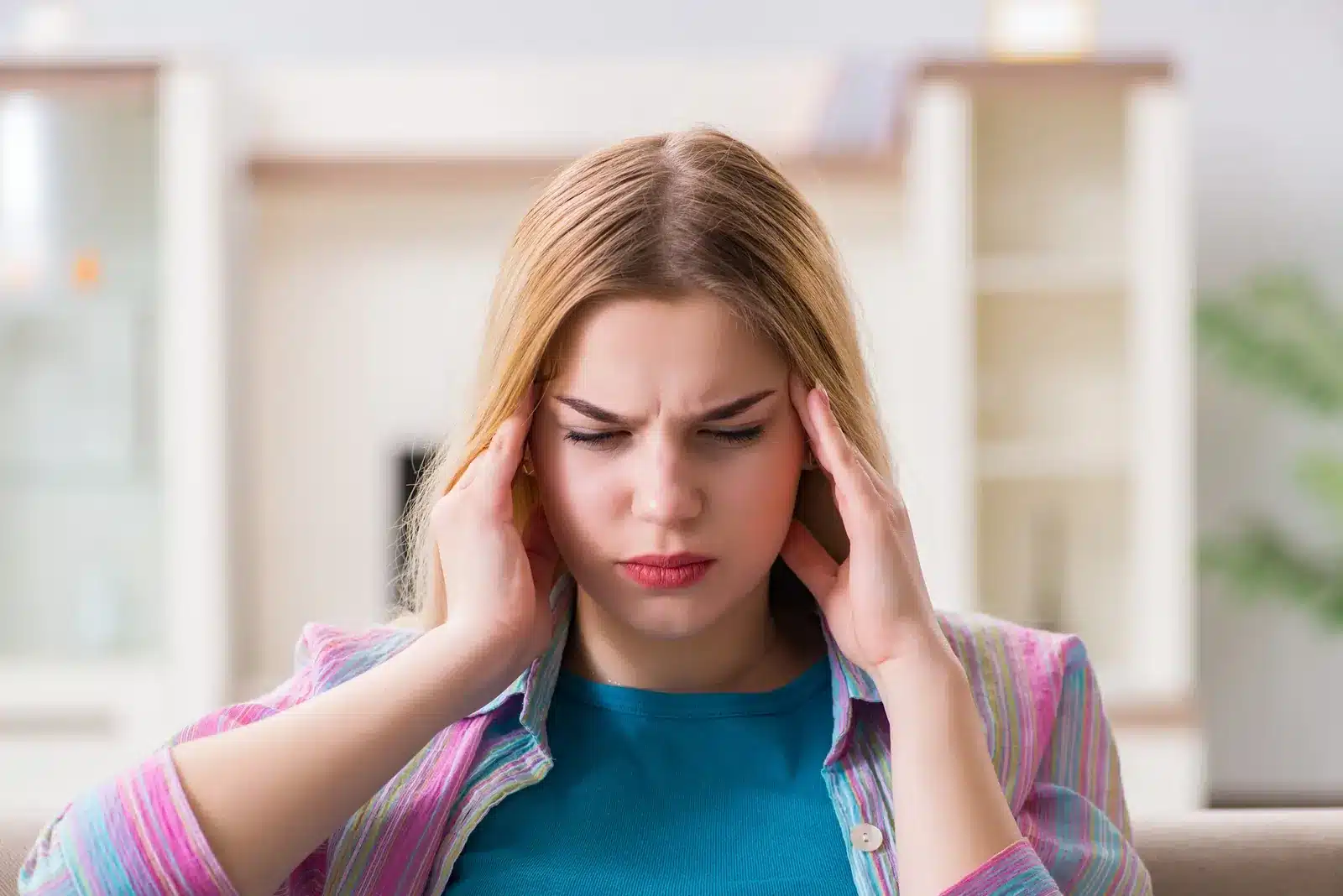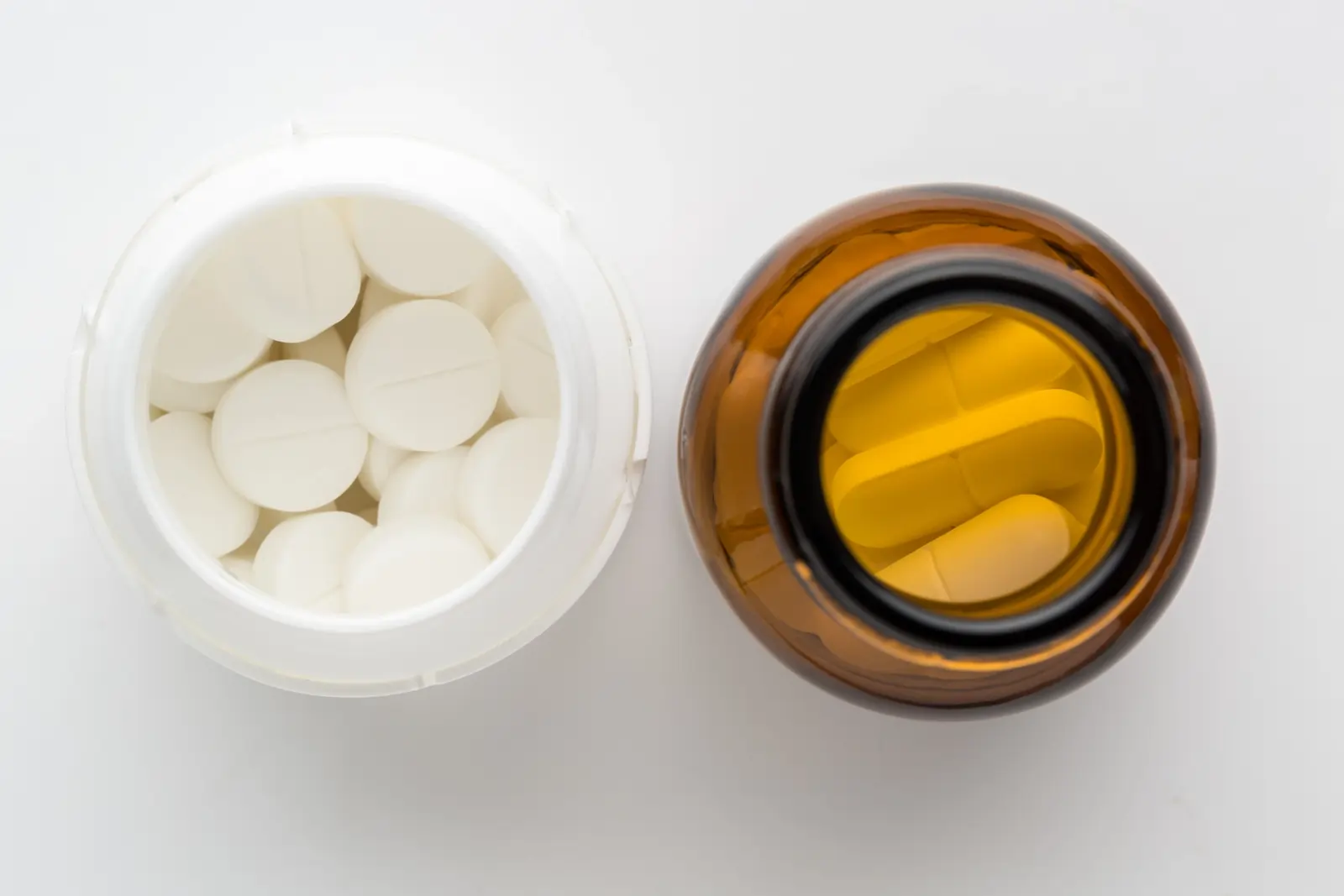Key Points
- Lyrica and gabapentin are similar prescription medications commonly prescribed to treat seizures and nerve pain, but there are differences.
- Lyrica is a brand name for the generic drug pregabalin, while gabapentin is a generic drug.
- Brand names of gabapentin include Gralise, Neurontin, and Horizant.
- Only Lyrica is considered a controlled substance by the DEA, but many consider gabapentin to be addictive as well.
- Lyrica and gabapentin share some of the same side effects, but there are variations as well.
- Lyrica may be more likely to cause constipation, swelling, weight gain, breast enlargement, and dry mouth.
- Gabapentin may be more likely to cause fever, trouble speaking, abnormal eye movements, and jerky movements.
- Lyrica and gabapentin interact with many of the same drugs, but there are some differences as well.
- Unlike Lyrica, gabapentin is known to interact with common over-the-counter pain relievers such as ibuprofen and naproxen.
What’s the Difference between Lyrica and Gabapentin?
Lyrica and gabapentin have similar chemical structures and mechanisms of action, but they are not the same drug. Besides treating slightly different conditions in some cases, Lyrica and gabapentin may have distinct side effects and drug interactions.
Though both substances have been linked to substance abuse and dependency, Lyrica is considered by many to be the more addictive medication. [1] Substance use disorder can be treated using evidence-based therapies such as medical detox, intensive outpatient treatment, and behavioral and mental health services.
What Is Lyrica?
Lyrica is a brand name for the generic drug pregabalin. [2] Lyrica is often prescribed to treat fibromyalgia as well as various types of nerve pain, including diabetic neuropathy, pain resulting from shingles, and spinal cord injury.
Lyrica is associated with the potential for abuse and addiction. The U.S. Drug Enforcement Administration (DEA) has classified it as a Schedule 5 controlled substance alongside other drugs like Lomotil, Parepectolin, and Motofen. [3]
Side Effects of Lyrica
Lyrica is associated with a number of common side effects, including: [4]
- Dry mouth
- Difficulty concentrating
- Blurry vision
- Dizziness
- Drowsiness
- Increase in appetite
- Weight gain
- Swelling in the hands or feet
Lyrica Drug Interactions
Before beginning a regimen of Lyrica, it’s important to tell your doctor about any other substances you’re taking to avoid potentially dangerous drug interactions. This includes recreational drugs, prescription and over-the-counter medications, as well as vitamins and supplements. Some of the drugs that could interact with Lyrica include: [5]
- Opioids for chronic pain
- Sleeping pills
- Anxiety medications
- Muscle relaxers
- Seizure medications
- Diabetes medications like rosiglitazone and pioglitazone
- ACE inhibitors such as trandolapril, fosinopril, or lisinopril
What Is Gabapentin?
Unlike Lyrica, gabapentin is a generic drug. This anticonvulsant medication is also known by the brand names Neurontin, Horizant, Gaborone, and Gralise. Gabapentin is also FDA-approved to treat certain types of nerve pain, such as pain related to shingles, as well as restless legs syndrome. [6]
While Lyrica is considered a Schedule 5 controlled substance according to the DEA, gabapentin is not regulated on the federal level. However, several states have passed laws controlling the use of gabapentin due to its potential for abuse and addiction.
Side Effects of Gabapentin
Gabapentin and Lyrica share some similar side effects. The most common side effects associated with gabapentin include: [7]
- Nausea
- Vomiting
- Trouble speaking
- Swelling of the legs and feet
- Loss of balance or coordination
- Headache
- Fevers
- Chills
- Sore throat
- Fatigue
- Body aches
- Blurred vision
- Sleepiness

Gabapentin Drug Interactions
Like Lyrica, gabapentin may interact with other medications and substances, so it’s important to tell your healthcare provider about any other drugs you’re taking, including any recreational substances, over-the-counter drugs, and supplements. Known drug interactions linked to gabapentin include: [8]
- Sleeping pills
- Muscle relaxants
- Opioids
- Anxiety medications
- Other anticonvulsants
- Naproxen
- Lorazepam
- Cimetidine
- Zolpidem
Lyrica Vs. Gabapentin: Key Differences
Lyrica and gabapentin share many similarities, but there are also key differences to consider.
Different Side Effects
Lyrica and gabapentin share some of the same side effects, but other side effects may be distinct to one medication. For example, Lyrica may be more likely to cause side effects such as: [9]
- Weight gain
- Breast enlargement
- Constipation
- Dry mouth
- Edema (i.e., swelling)
On the other hand, some side effects may be more likely with gabapentin vs. Lyrica, including: [10]
- Jerky movement
- Increased risk of viral infection
- Trouble speaking
- Fever
- Abnormal eye movements
Different Drug Interactions
Gabapentin and Lyrica may interact with some of the same substances, such as anticonvulsants, sleeping pills, opioids, and anxiety medications. However, gabapentin may also react with common over-the-counter pain relievers such as ibuprofen, naproxen, and other NSAIDs. [11]
Addiction Potential
Both gabapentin and Lyrica have been linked to a risk of addiction, but Lyrica may be more addictive. The DEA has classified Lyrica as a Schedule V controlled substance, but does not regulate the use of gabapentin. [12] However, several states in the U.S. have passed laws regulating gabapentin due to its addictive properties.
Signs of Substance Use Disorder
Some people consider Lyrica to be the more addictive medication, but both drugs have been associated with physical dependence, substance abuse, and addiction. If you’re taking either drug or plan to, it could be essential to know the signs of substance use disorder: [13]
- Experiencing cravings for gabapentin or Lyrica
- Using these substances in dangerous situations
- Spending a lot of time obtaining prescription drugs (e.g., doctor shopping), using gabapentin or Lyrica, or recovering from use
- Trying unsuccessfully to cut back on substance use or stop using
- Giving up other productive or enjoyable activities due to substance use
- Continuing to use Lyrica or gabapentin despite it causing relationship problems
- Having difficulty controlling how much of the substance you use or for how long
- Needing more of the substance over time to achieve the same effect
- Failing to meet deadlines or fulfill other responsibilities due to substance use
- Continuing to use the substance even though it’s worsening a physical or mental health condition
- Experiencing withdrawal symptoms when abstaining from gabapentin or Lyrica
The diagnostic criteria for a substance use disorder are listed in the Diagnostic and Statistical Manual of Mental Disorders, Fifth Edition (DSM-5), published by the American Psychiatric Association (APA). According to the APA, just two of the symptoms listed above indicate a mild substance use disorder that requires professional treatment.
Risk Factors for Substance Use Disorder
Not everyone who takes gabapentin or Lyrica will develop a substance use disorder, but the potential exists. Some people may be more vulnerable to developing a dependence or addiction based on certain risk factors, such as: [14]
- A personal or family history of substance abuse, including alcohol misuse
- A mental health condition, such as anxiety, depression, or bipolar disorder
- A personal history of childhood trauma, neglect, or other adverse childhood experiences
- Access to addictive substances
If you have any of the risk factors for developing a substance use disorder, tell your health care provider before they prescribe Lyrica or gabapentin. There may be safer alternatives with less risk of addiction.
Addiction Treatment Options
If you or a loved one develops a dependency or addiction to Lyrica, gabapentin, or any other substance, know that you’re not alone. There are substance use and rehabilitation counselors as well as addiction specialists who are trained to help people recover from substance use disorders, including addictions to prescription drugs.




